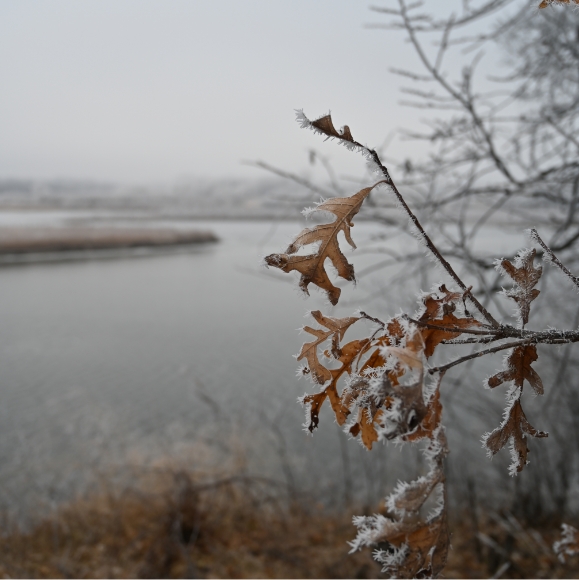Our area is a paradise found in the sights of sports and outdoor enthusiasts
Ranked in the top 15 pheasant hunting destinations in the US, our area is a paradise found in the sights of sports and outdoor enthusiasts. Whether in search of fish, game, or fowl, Montevideo delivers in spades!
- Up-to-date Fishing & Hunting Reports
- Ducks Unlimited | West Central Vice Chair, Doug Cardwell | Email Doug
- Pheasants Forever | Email Pheasants Forever
- Watson Hunting Camp | 320-269-9136 | www.watsonhunting.com
A Hunter’s Paradise

Lac Qui Parle Wildlife Management Area is a 24,000-acre area, located north and west of Lac Qui Parle State Park. An attractive headquarters building houses a small museum and a staffed information center. Bird watchers and nature observers visit the area each year to enjoy the native prairie grasses and flowers. In addition, the abundance of song birds and waterfowl which use the Wildlife Management Area for a nesting and migratory stopover make it a hot spot. The combination of wetland, brush, woods and native prairie provides ample cover for hundreds of birds and small game. Abundant wildlife can be seen almost anytime of the year. Marsh Lake contains the largest white pelican colony in North America and the WMA offers excellent viewing for numerous wetland and grassland dependent wildlife species.
Lac Qui Parle is best known for hunting.
As many as 150,000 Canadian Geese migrate here for their yearly stopover. Most are part of the Eastern Prairie population which nests near the Hudson Bay area during the summer and winter in Missouri’s Swan Lake Refuge.
Deer, duck and pheasant are also in abundance at Lac Qui Parle. Fox, squirrels, raccoons and rabbits are also hunted. Trapping of muskrat, mink, fox, raccoon, and beaver is allowed with proper permits. A wild turkey flock is growing each year.
Lac Qui Parle also provides year round fishing excitement, stocked with crappie, northern pike, white bass and walleye.
Permits are required to hunt, fish and trap in the Wildlife Management Area.
Contact the Lac Qui Parle Wildlife Management Area at 320-734-4451 for further information.


